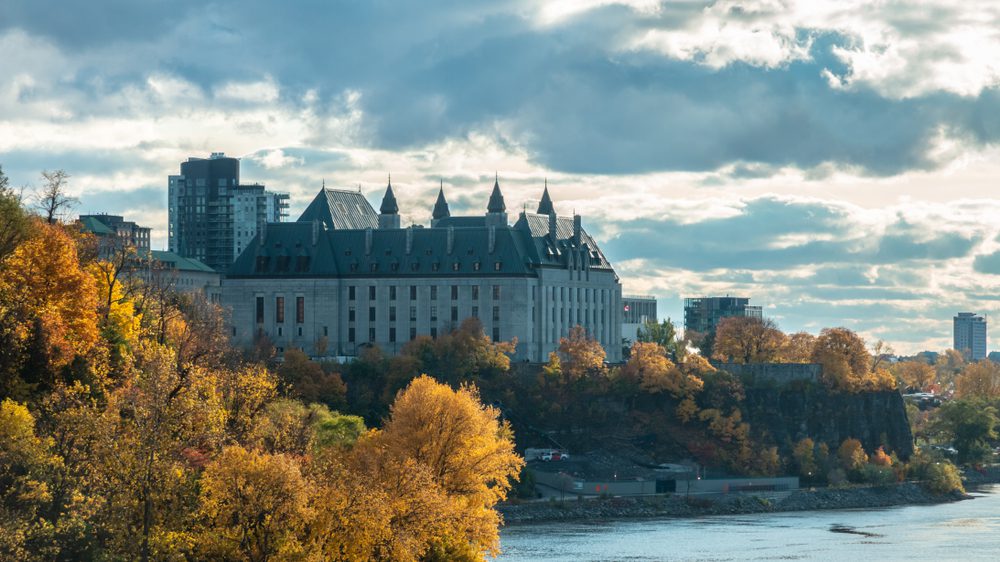
Cannabis Laws in British Columbia: What You Need to Know About Using Cannabis in Strata Complexes and Workplaces
Since the legalization of recreational cannabis in Canada in October 2018, British Columbians have enjoyed some of the country’s most relaxed cannabis laws. However, despite this general permissiveness, cannabis use remains a complex legal topic, especially when it comes to shared living spaces like strata complexes and employment settings.
At Stevenson Luchies & Legh, we frequently receive questions from clients about their rights and responsibilities surrounding cannabis use. Whether you’re a homeowner in a strata building, a tenant, a landlord, an employer, or an employee, it’s important to understand where the law stands — and where it leaves room for interpretation.
In this article, we’ll break down the current state of cannabis laws in British Columbia, with a focus on how these laws affect strata complexes and workplaces. Our goal is to help you navigate these often-tricky legal waters with clarity and confidence.
Cannabis in British Columbia: A Quick Legal Overview
Living in a strata complex comes with a unique set of rules. Strata corporations have broad authority to create bylaws that promote the safety, security, and quiet enjoyment of all residents. This authority often extends to regulating smoking — including cannabis.

Can a Strata Ban Cannabis Use?
The short answer is: Yes.
Under British Columbia’s Strata Property Act, strata corporations have the right to adopt bylaws that prohibit or restrict smoking of any kind (tobacco, cannabis, vaping) in common areas and within individual units. They can also regulate growing cannabis within the building, especially if the cultivation affects the building’s structure or ventilation systems.
We’ve seen a rise in strata corporations adopting bylaws that ban or restrict cannabis use entirely on the property, sometimes lumping it together with tobacco prohibitions. The rationale?
- Odour complaints from neighbouring units
- Health and safety concerns related to ventilation
- Mould risks from indoor cultivation may damage the property
- Insurance implications
- General desire to avoid disputes between residents, as all residents have a right to quiet enjoyment of their properties
Human Rights and Medical Cannabis in Stratas
What about medical cannabis users? While strata bylaws may prohibit recreational use, they must tread carefully when dealing with legitimate medical accommodations.
Under the BC Human Rights Code, strata corporations have a duty to accommodate residents with disabilities, which may include the medical use of cannabis. This doesn’t give carte blanche to smoke wherever and whenever you please, but it does require strata councils to consider reasonable solutions, such as allowing vaporizing indoors, using non-smoke methods of consumption, or creating designated areas.
If you’re facing pushback from your strata over medical cannabis, or you’re on a strata council trying to navigate a complex accommodation request, legal advice is highly recommended.
Cannabis in the Workplace: Know Your Rights and Responsibilities
In the post-legalization world, many people assume cannabis is treated similarly to alcohol — legal but restricted during work hours. While this is partly true, cannabis presents some unique challenges for employers and employees alike.
Can My Employer Prohibit Cannabis Use?
Absolutely. Employers have the right (and often the obligation) to prohibit impairment in the workplace. This means:
- You cannot show up to work impaired by cannabis, just as you can’t show up drunk.
- Many workplaces have clear policies stating that cannabis consumption during work hours is prohibited, even if you’re on a break off-site.
- Certain industries — particularly those involving safety-sensitive work (construction, transportation, healthcare) — often have zero-tolerance policies.
Employers must balance respecting employees’ rights to use cannabis in their personal lives with their duty to provide a safe work environment under the Occupational Health and Safety Regulation.
What About Medical Cannabis at Work?
Here’s where things can get complicated. Employees who use cannabis for medical reasons may have the right to reasonable accommodation under the BC Human Rights Code. This doesn’t mean they have the right to be impaired at work, but it does mean employers may need to work with the employee to find solutions.
For example:
- Adjusting shifts or duties to avoid safety risks
- Allowing medical use during breaks in designated areas
- Evaluating whether impairment affects essential job functions
However, employees also have a duty to disclose their medical use if it could impact their work performance or safety. Silence isn’t protection.
Employers, on the other hand, should avoid making assumptions. Just because an employee uses cannabis medically doesn’t mean they’re impaired or unfit for work. Medical cannabis should be treated like any other prescription medication in workplace accommodation processes.
Common Questions We Hear from Clients
Q: My strata just passed a bylaw banning cannabis. Can they do that if I own my unit?
A: Yes, strata corporations can regulate behaviour within privately owned units if it affects the building as a whole. Review your bylaws carefully and seek legal advice if you believe your rights (especially medical ones) are being infringed.
Q: I rent a unit in a strata. My landlord says I can smoke cannabis, but the strata says no. Who wins?
A: The strata’s bylaws take precedence over your landlord’s permission. Even if your lease allows smoking, you must follow the strata’s rules.
Q: Can my employer drug test me for cannabis?
A: In BC, random drug testing is generally not allowed unless your job is safety-sensitive and there’s a clear, justifiable reason. Testing is more commonly permitted after incidents or where impairment is suspected.
Q: I use medical cannabis. Does my employer have to let me smoke at work?
A: Not necessarily. Your employer must accommodate your medical needs to the point of undue hardship, but this doesn’t mean smoking at work will be allowed. Other forms of consumption or accommodations may be considered.
Best Practices for Navigating Cannabis Rules
For Residents in Strata Complexes:
- Review bylaws before purchasing or renting.
- Communicate openly with your strata council about medical needs.
- If you face enforcement action, seek legal advice promptly.
For Employers:
- Develop clear, written policies on cannabis use.
- Distinguish between recreational and medical use in policies.
- Apply policies consistently and fairly.
- Train management to identify and address impairment, not assumptions.
- Be prepared to engage in accommodation discussions where appropriate.
For Employees:
- Understand and follow your employer’s policies.
- Disclose medical cannabis use if it could affect your work.
- Engage cooperatively in accommodation processes.
- Don’t assume legality equals unrestricted use.
The Bottom Line: Cannabis is Legal, But Not Without Limits
Cannabis legalization brought new freedoms — but also new responsibilities. Whether you’re navigating the rules in your condo building, figuring out policies at your workplace, or simply trying to understand where your rights begin and end, it’s essential to recognize that legality does not equal unrestricted use.
At Stevenson Luchies & Legh, we’re here to help. Our team has extensive experience advising individuals, employers, strata corporations, and landlords on the evolving legal landscape around cannabis. If you’re facing a dispute, considering policy updates, or simply want clarity, don’t hesitate to reach out to us for guidance.
About Stevenson Luchies & Legh
Stevenson Luchies & Legh is a full-service law firm serving British Columbia, committed to providing practical, approachable, and knowledgeable legal services. Whether it’s real estate, employment law, strata law, family law, estate litigation, or civil litigation, among others, we’re here to help you navigate your legal questions with clarity and confidence.
Share This






